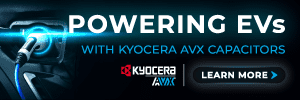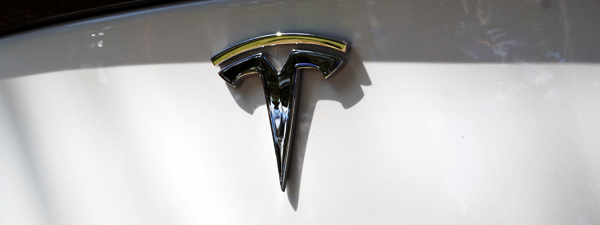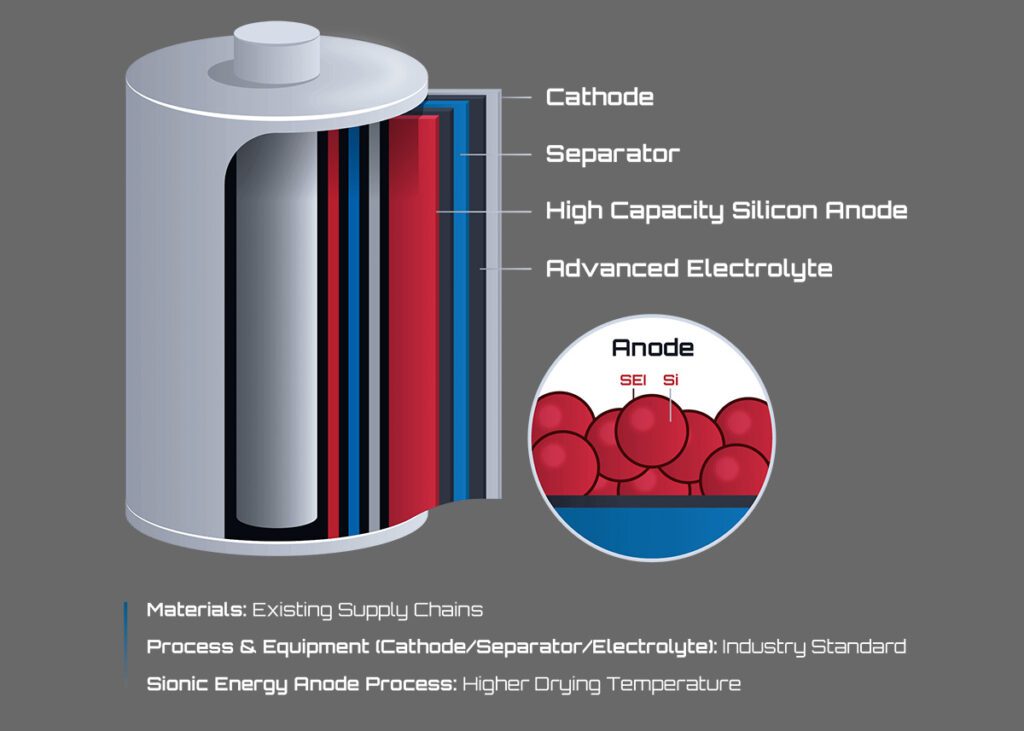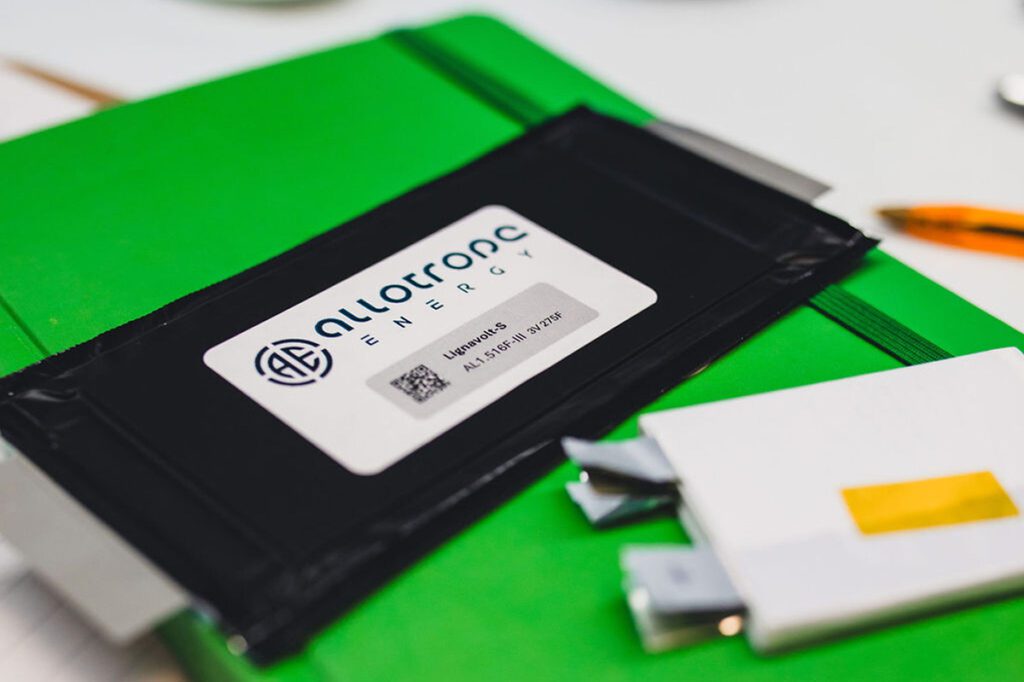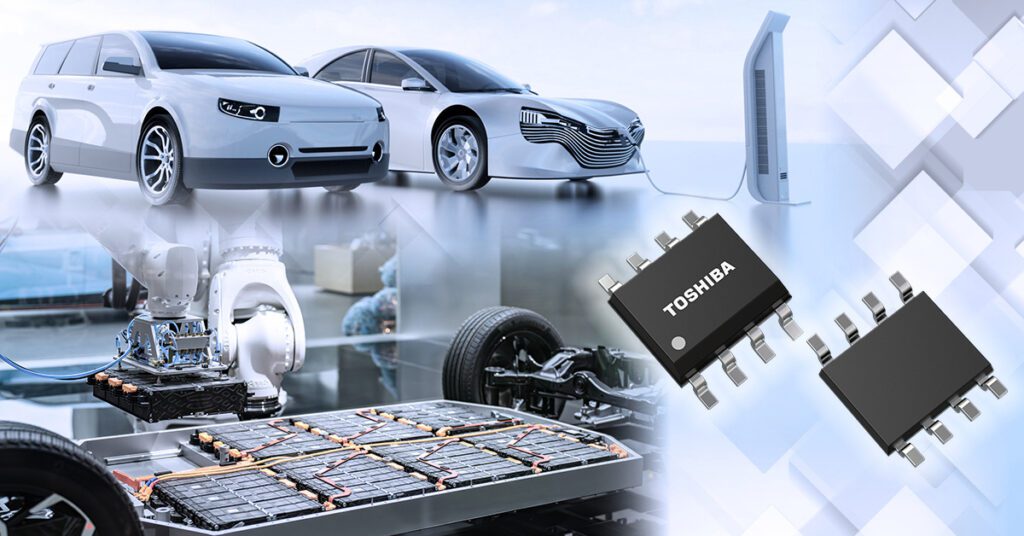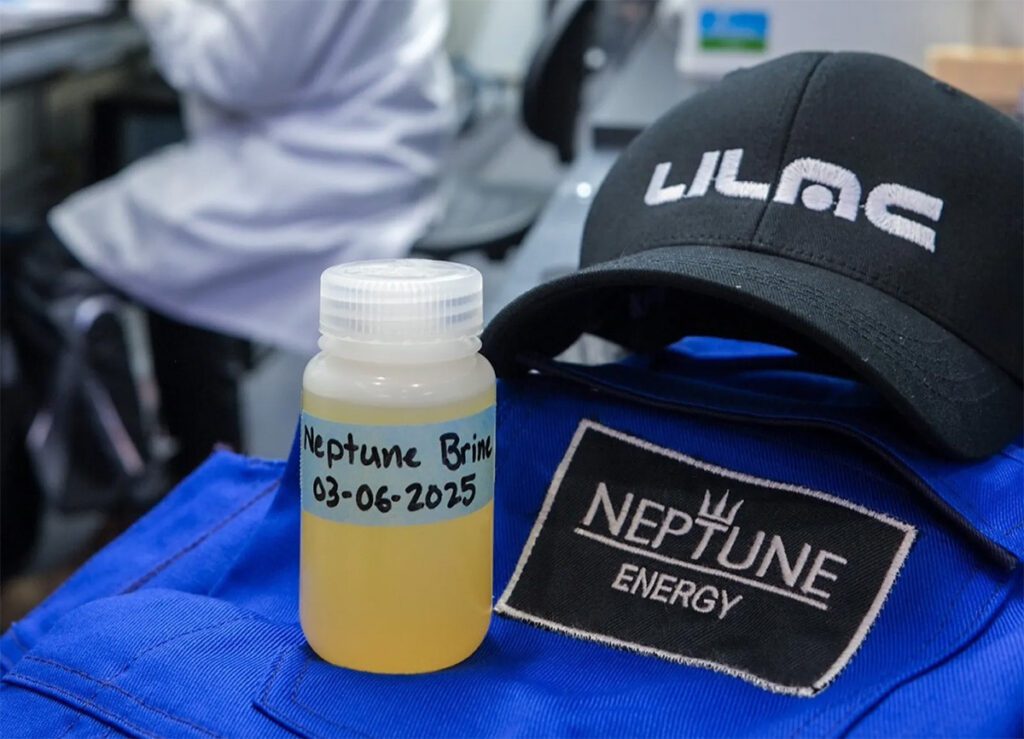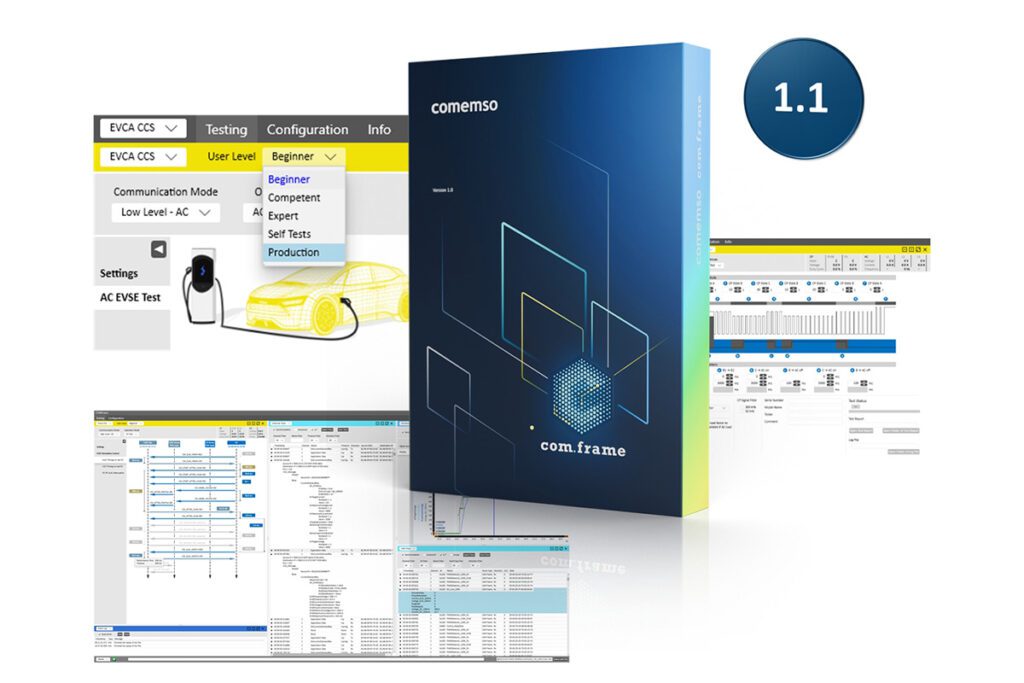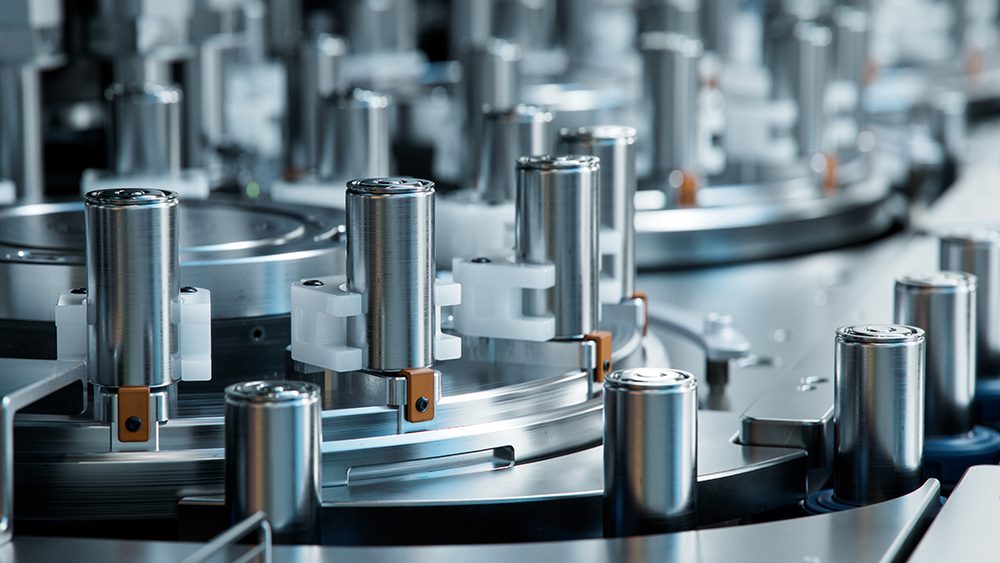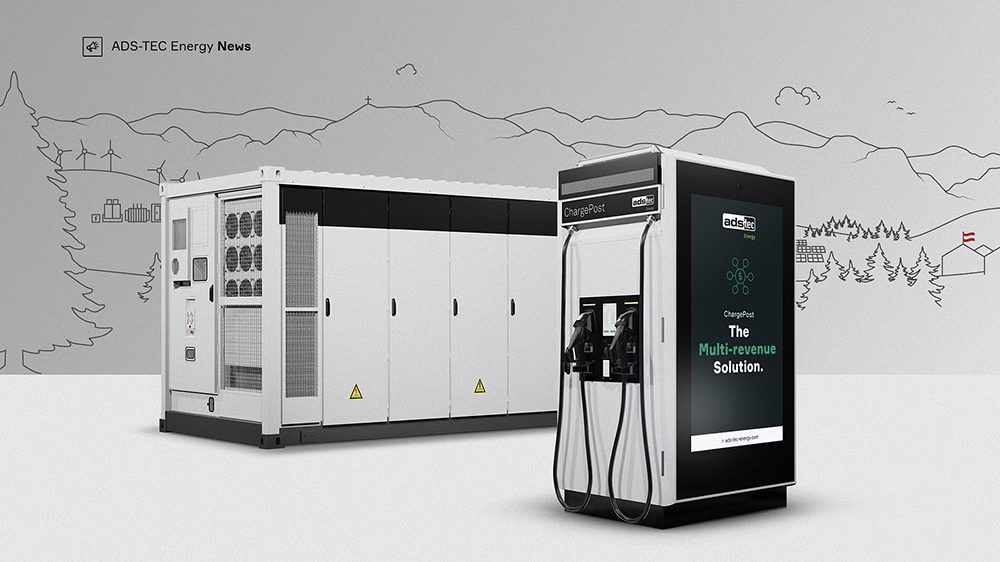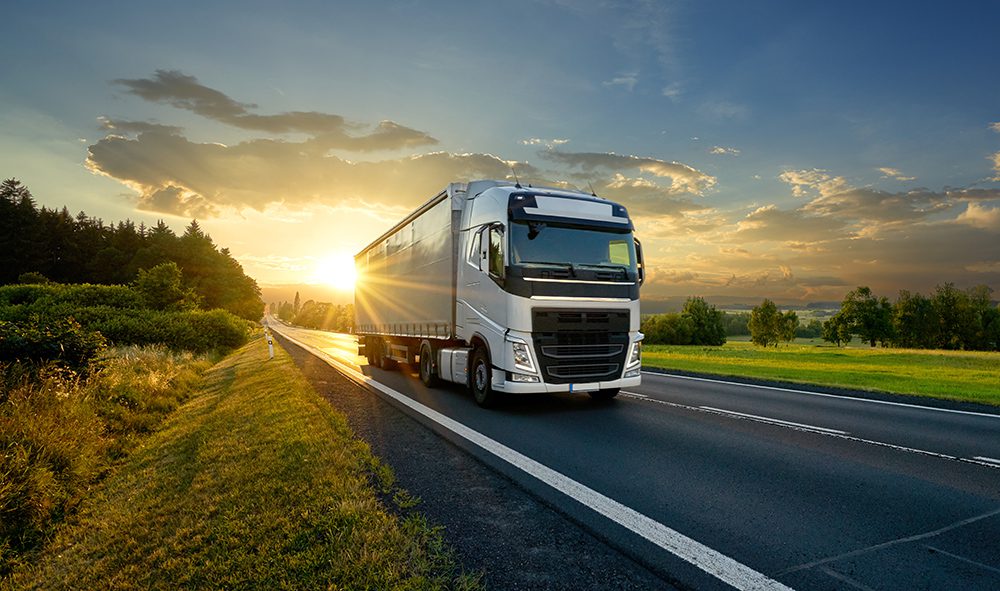California’s system of Zero Emission Vehicle credits appears to be working precisely as intended, according to the Los Angeles Times. The state’s Air Resources Board has mandated that 15% of new-car sales in 2025 consist of ZEVs, but the system allows companies that aren’t selling enough clean cars to meet the mandate to purchase credits from those that are.
At this point, this means that Tesla and Nissan, the only automakers who are selling substantial numbers of pure EVs, stand to do a nice little business selling credits to other automakers (currently, only the six largest companies are subject to the mandate, but that number will expand in 2018).
The Los Angeles Times, citing an unnamed Wall Street analyst, said that Tesla could earn as much as $250 million this year, or up to $35,000 for each Model S sold, from the sale of ZEV credits. The Times article says that “no other automaker in the country enjoys such an advantage,” but inexplicably does not mention Nissan.
Carmakers are not required to disclose details of credits bought and sold, but Bloomberg reported in May 2012 that Nissan had positive credits from LEAF sales that it “might” be selling, and that Tesla had already banked over $13 million for credits transferred to Honda and others. Motor Trend reported this month that Tesla has earned some $40 million in ZEV credits.
As Charged readers well know, several other carmakers, including Ford, Toyota and Honda, are producing EVs – derisively dubbed “compliance cars” – but, unlike Nissan, have so far done little or nothing to market or advertise them. In effect, they have decided that it makes more business sense to buy ZEV credits than to sell their own EVs.
Some observers see government favoritism. “At the end of the day, other carmakers are subsidizing Tesla,” Gartner analyst Thilo Koslowski told the LA Times.
The only auto exec quoted in the LA Times article was Chrysler CEO Sergio Marchionne, a well-known EV skeptic, who said in a speech last month, “I believe that we could continue to explore the potential of electricity, but without being strong-armed by regulators.” Chrysler is the only one of the Big Three that currently has no hybrid or electrified vehicle in its lineup, although Fiat plans to grudgingly launch its new 500 EV (which Marchionne has called an “economic lemon” and a guaranteed money-loser) in the US by the end of this year.
The car companies’ lobbying arm, the Alliance of Automobile Manufacturers, has petitioned the EPA to block California’s mandate. “The ZEV mandate is a field of dreams mandate – if you build it they will come,” said spokeswoman Gloria Bergquist. “There is a requirement that we build these vehicles and put them on dealers’ lots, but there is no requirement that consumers buy them.”
Air Resources Board chairwoman Mary Nichols defended her agency’s polices: “We are in the air pollution business, not the car business. There is some jealously of Tesla going on here.” She said the state must meet an EPA deadline of 2023 to clean up its polluted air, or risk losing federal highway funds.
Sources: Los Angeles Times, Bloomberg, Wards Auto, Motor Trend






